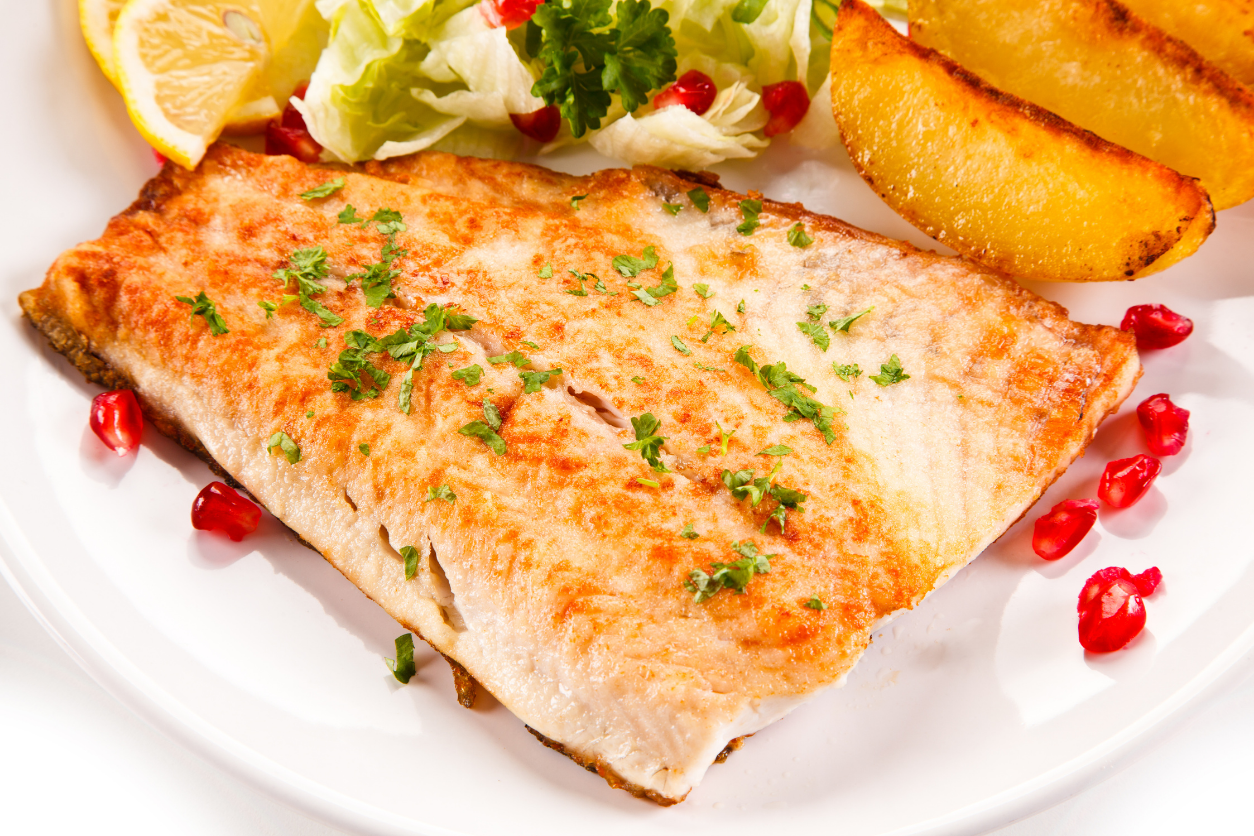We’ve all done it. We’re reading something on the web on a completely legitimate website and then there’s that popup that grabs your attention: “Doctor says never eat this food.” Or “Eat these foods to get rid of belly fat.” And of course, curiosity gets the best of us, and we get stuck in a 20 minute video waiting for the punchline. Been there and done that? Me too. When things sound too good to be true, they probably are. This fact has inspired me to bust a few nutrition myths—that are debunked by science. Enjoy and check out the references below for the science behind the facts.
Skipping breakfast will make you gain weight. Not exactly true. For some, breakfast is the most important meal of the day and prevents snacking and gorging on meals later in the day. For others, it increases hunger. Two randomized control trials showed that eating vs. skipping breakfast had no effect on weight. What you eat for breakfast, however, is an entirely different story. A high protein breakfast increases fullness and decreases hunger for the next meal. In the end, it’s important to know your body and do what works.
Snacking contributes to weight gain. I’m often told this by my French family, but au contraire, neither observational studies nor randomized control trials support this. Again, weight gain and weight loss depend on total calories. Snacking is the perfect time to get your fruits and veggies in, and if you have room in your calorie budget, other snacks can fit too. BUT, snacking on calorie-dense foods that your body doesn’t need will lead to extra pounds.
Making large weight loss goals does not decrease the weight loss. Lose 20 pounds by your class reunion next month? Realistically not going to happen, and the hypothesis is if you have an unrealistic weight loss goal, it will only frustrate you in the end and decrease how much weight you lose. Not true either. In fact, a few studies have shown that having more ambitious weight loss goals led to better weight loss.
Exercise is the most important component for weight loss. There are many health benefits to regular exercise, especially to maintain muscle mass while losing weight. Even without weight loss, exercising will make you healthier. But the bottom line is, controlling calorie intake is the most important tool for weight loss.
Taking a calcium supplement will prevent bone loss as you age. Interestingly enough, though Americans have among the highest calcium intake in the world, we also have one of the highest rates of osteoporosis. A large review showed that calcium supplements given to children had minimal, if any effect on bone mineral density. Another review including postmenopausal women found that calcium supplements, even with added vitamin D had only small effects on fracture prevention. And taking calcium supplements are associated with other health risks including kidney stones and cardiovascular events.
Choosing foods that are gluten-free will help you eat healthier. Despite the gluten-free and grain-free craze that seems to have overtaken the grocery store, you only need to avoid gluten (a protein found in wheat, barley and rye) if you have celiac disease or are otherwise sensitive to gluten. It’s true that gluten intolerance may be associated with subtle symptoms that are not typical, it’s best to be tested before you make assumptions that make your diet so limited. Gluten-free products are typically made with rice, and have similar calories and carbs to wheat and other grains.
Myths, Presumptions and Facts about Obesity
Nutrition Myths and Healthy Dietary Advice in Clinical Practice













